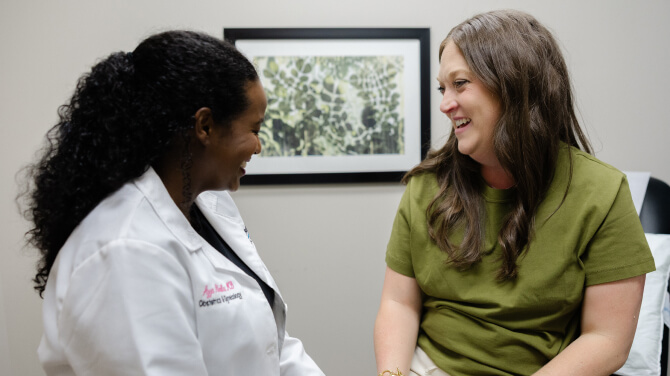Resource Center
All ContentBlogCase StudiesCustomer Success StoriesebooksWebinars
- athenahealth
- February 20, 2026
- 4 min read
Operationalizing full-scale patient engagement
Want improved patient engagement? Read about considerations for full-scale patient engagement.Read moreMore resources

- Nele Jessel, MD
- March 04, 2026
- 6 min read
thought leadership
Affordable care access tops physicians’ concerns
Physicians rank access as their top concern. Learn what this means for healthcare’s future.
Read more- Alyssa Bennett Igo
- March 05, 2026
- 7 min read
athenaEDI & IDX
The benefits of athenaIDX revenue cycle management software
Learn how athenaIDX’s revenue cycle management software supports enterprise financial performance.
Read more
- Downloadable
athenaInstitute
2026 Physician Sentiment Survey: Healthcare's annual checkup
Hear what 1,000+ physicians are saying about the future of healthcare — technology, AI, care coordination, and beyond.
Read more- Nele Jessel, MD
- March 04, 2026
- 7 min read
thought leadership
Physicians are adapting inside a strained system
AI adoption rises while access concerns grow among physicians. Read the 2026 survey insights.
Read more
- Nele Jessel, MD
- March 04, 2026
- 6 min read
thought leadership
Affordable care access tops physicians’ concerns
Physicians rank access as their top concern. Learn what this means for healthcare’s future.
Read more- Alyssa Bennett Igo
- March 05, 2026
- 7 min read
athenaEDI & IDX
The benefits of athenaIDX revenue cycle management software
Learn how athenaIDX’s revenue cycle management software supports enterprise financial performance.
Read more
- Downloadable
athenaInstitute
2026 Physician Sentiment Survey: Healthcare's annual checkup
Hear what 1,000+ physicians are saying about the future of healthcare — technology, AI, care coordination, and beyond.
Read more- Nele Jessel, MD
- March 04, 2026
- 7 min read
thought leadership
Physicians are adapting inside a strained system
AI adoption rises while access concerns grow among physicians. Read the 2026 survey insights.
Read more
- Nele Jessel, MD
- March 04, 2026
- 6 min read
thought leadership
Affordable care access tops physicians’ concerns
Physicians rank access as their top concern. Learn what this means for healthcare’s future.
Read moreEmpower your practice

AI powered patient engagement
Learn how AI tools can help improve patient loyalty and outcomes.




